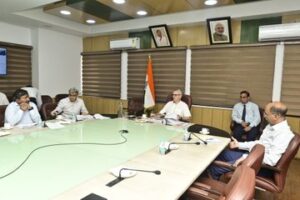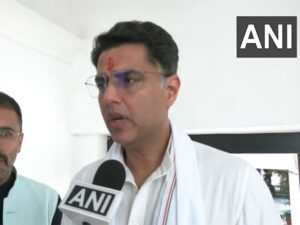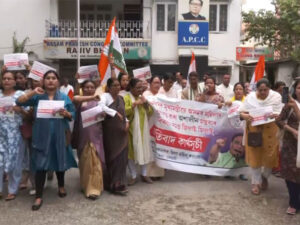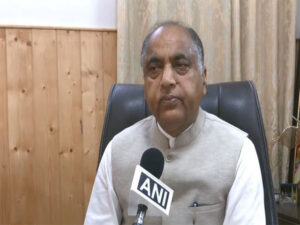DHJ discusses National Action Plan for Snakebite Envenoming, preparedness for Monkeypox
JAMMU, AUGUST 24: A meeting to discuss National Action Plan for Snakebite Envenoming (NAPSE) and preparedness on Monkeypox (Mpox), was today chaired by Director Health Services Jammu Dr. Rakesh Magotra.
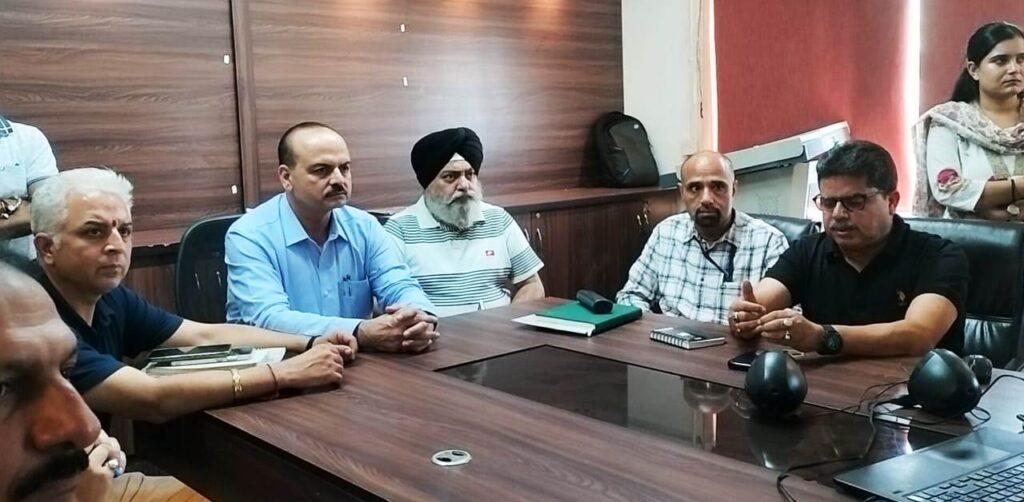
The meeting was attended by all the key stakeholders including the Officers/Officials from Director Health Services, Jammu, and Chief Medical Officers, Medical Superintendents of, Govt. Medical Colleges, District Hospitals and Sub-District Hospitals of Jammu Division.
The meeting began with a detailed presentation by Dr. Shehnaz Chowdhary, Medical Officer Epidemiology, DHS Jammu giving an overview of NAPSE, which is designed to reduce mortality and morbidity due to snake bites across the country. She further emphasized the need for coordinated efforts at the State, and district levels to effectively implement the plan.
Dr. Harjeet Rai, SSO IDSP/Epidemiologist, highlighted the various steps for implementing NAPSE, especially in rural and remote areas where snakebite incidents are more common. He further emphasized on strengthening the surveillance mechanism regarding snakebite cases and any death due to it by reporting any such incident on IHIP-IDSP portal on real-time basis. He pointed out the importance of timely death audit of any death due to snakebite in achieving the SDG goal of reducing the deaths due to snakebite to halves by 2030
Dr. Rakesh Magotra underscored the importance of NAPSE in saving lives. He discussed the constraints faced at the field level, such as inadequate infrastructure, lack of trained personnel, and the need for better coordination between various health departments. Dr. Rakesh Magotra called for a collaborative approach to overcome these challenges and ensure that the objectives of NAPSE are met.
Dr. Prem Lata, Medical Officer Epidemiology, DHS Jammu, gave a presentation on Mpox preparedness. She provided an update on the current status of Monkeypox cases worldwide, emphasizing the importance of preparedness and response given the recent declaration of Mpox as a Public Health Emergency of International Concern (PHEIC) by the World Health Organization (WHO).
She further discussed the measures being taken to monitor and control the spread of Mpox, including the identification and isolation of cases and public education campaigns to prevent transmission. She stressed the need for ongoing vigilance and coordinated efforts to manage potential outbreaks effectively.
Dr. Rakesh Magotra, Director Health Services Jammu also spoke about the significance of the WHO’s declaration in light of the global context.
He urged all the stakeholders to work together to manage and mitigate the risks associated with both snakebite envenoming and Monkeypox. Dr. Magotra emphasized that the success of these public health initiatives depends on the collective efforts of the entire community.

